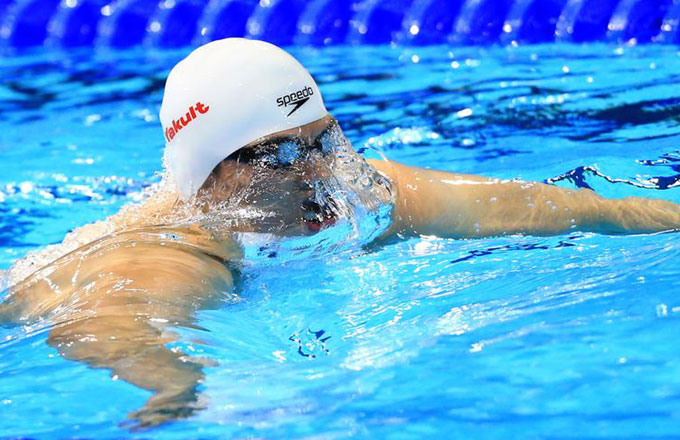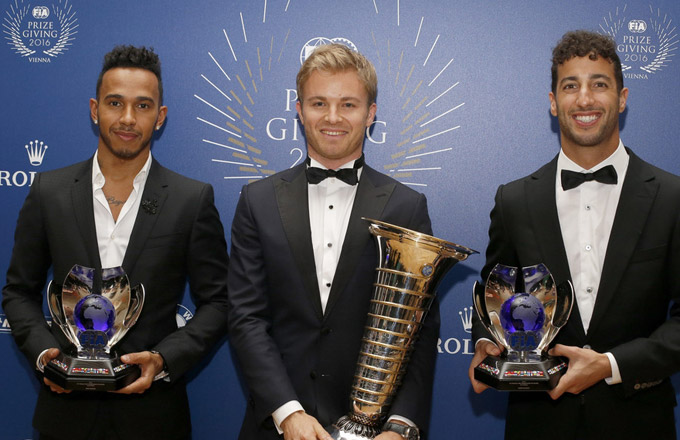Top stars welcome biological passports
Roger Federer and Andy Murray, who have been outspoken in calling for more stringent anti-doping measures in tennis, welcomed the introduction of biological passports for players.
![Roger Federer of Switzerland wipes his face with a towel during a break while practicing at the BNP Paribas Open on Thursday. [DANNY MOLOSHOK / REUTERS] Top stars welcome biological passports](../../images/attachement/jpg/site1/20130309/00221917dead12a4e37210.jpg) |
|
Roger Federer of Switzerland wipes his face with a towel during a break while practicing at the BNP Paribas Open on Thursday. [DANNY MOLOSHOK / REUTERS] |
The International Tennis Federation announced the move in London on Thursday, after a meeting of the Tennis Anti-Doping Program working group that includes representatives from the ITF, ATP, WTA and Grand Slam tournaments.
The ITF said there was unanimous support for the introduction of the passport, which is used to detect variances in biological make-up that might indicate doping and has been introduced in cycling.
"That's good news," Federer said on Thursday as he prepared to launch his defense of the Indian Wells ATP Masters title. "We have to do everything to ensure our tour is as clean as it possibly can be.
"That's what it's about - that the cheaters think twice, that they get caught if they do cheat. I think it's just a matter of that."
Federer said he believed players were prepared to accept the measures, even though increased testing means more intrusion into players' lives.
One reason, he noted, was the long-delayed admission by Lance Armstrong that he used banned drugs in all seven of his Tour de France victories.
The American's confession came after he was stripped of those titles and banned from cycling for his role in systematic doping on his US Postal Service team.
"The cycling issue has been around for quite some time, but what happened this year was obviously super-extreme and I think that really gets you sort of thinking," Federer said.
ATP Executive Chairman and President Brad Drewett said the men's circuit was behind the move.
"The players have been clear that they support increased investment in anti-doping and we feel that this is the most effective way to show the world that tennis is a clean sport," he said.
The introduction of the Athlete Biological Passport will require the TADP to increase the number of blood tests every year.
In addition, the working group also recommended an overall increase in the amount of testing, especially outside competitions, with additional funding provided by all the governing bodies in tennis and administered by the ITF.
Federer said the dearth of tests he faced early last year showed that testing needed to be stepped up.
US Open champion Murray of Scotland also welcomed the move.
"It's one of the best ways to ensure your sport stays as clean as possible and it's good tennis has made that jump," he said of the biological profiling system that is considered one of the most effective methods of detecting the use of performance-enhancing drugs and blood boosters like EPO.
















